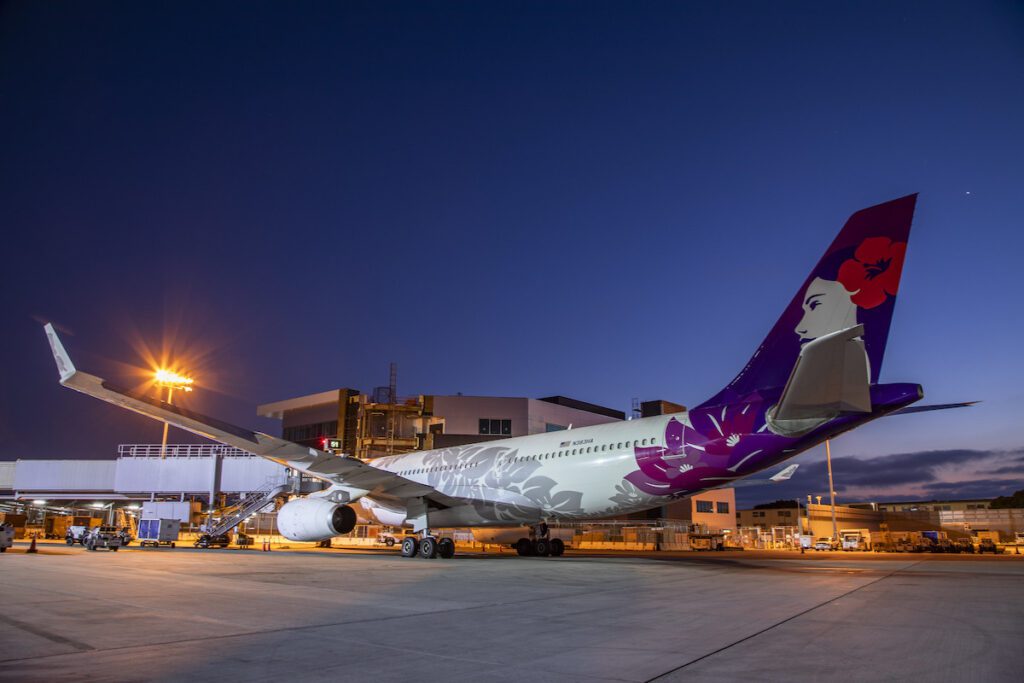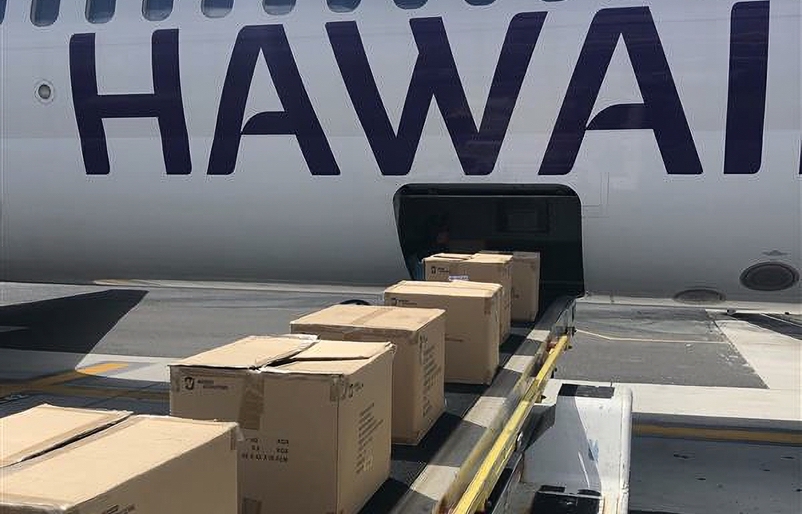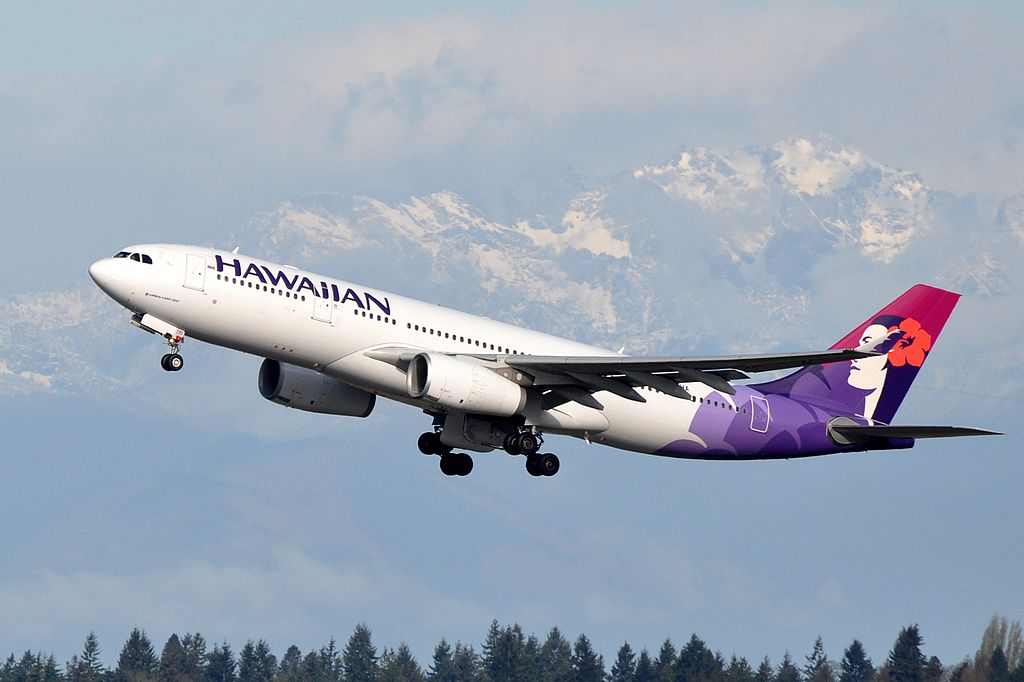Hawaiian Airlines shareholders will vote in February on Alaska Airlines’ proposed $1.9 billion takeover of the carrier.
Shareholders are set to vote on February 16 on merger plan that would see them receive $18 for each share in Honolulu-based Hawaiian, according to a securities filing on Tuesday. The purchase price is a 270% premium over the carrier’s share price on December 1, the last trading day before the deal was unveiled on December 3.

Under the terms of the deal, Alaska plans merge with Hawaiian but — in a rare move for a U.S. airline — continue to operate both brands. The merged carrier would be based in Seattle and led by Alaska CEO Ben Minicucci.
Approval by Hawaiian shareholders is a key step towards finalizing the merger. However, the deal still must secure antitrust and U.S. Department of Transportation approval before it can close. Both of those are big questions given the Biden Administration’s animosity towards further consolidation in the airline industry; for example, the Biden Justice Department sued to block the merger of JetBlue Airways and Spirit Airlines.
Alaska and Hawaiian hope to close their merger within 12-18 months, or by June 2025.


